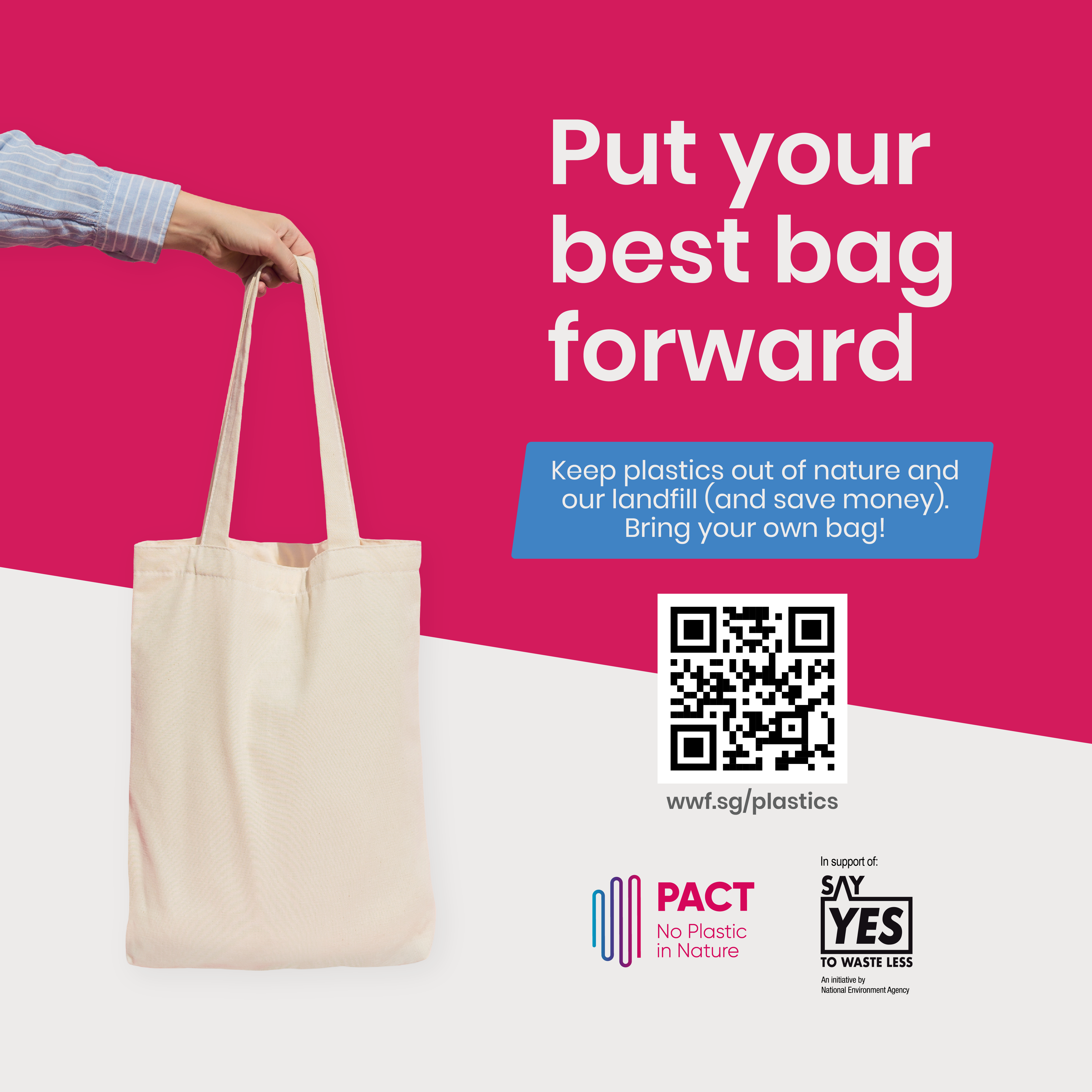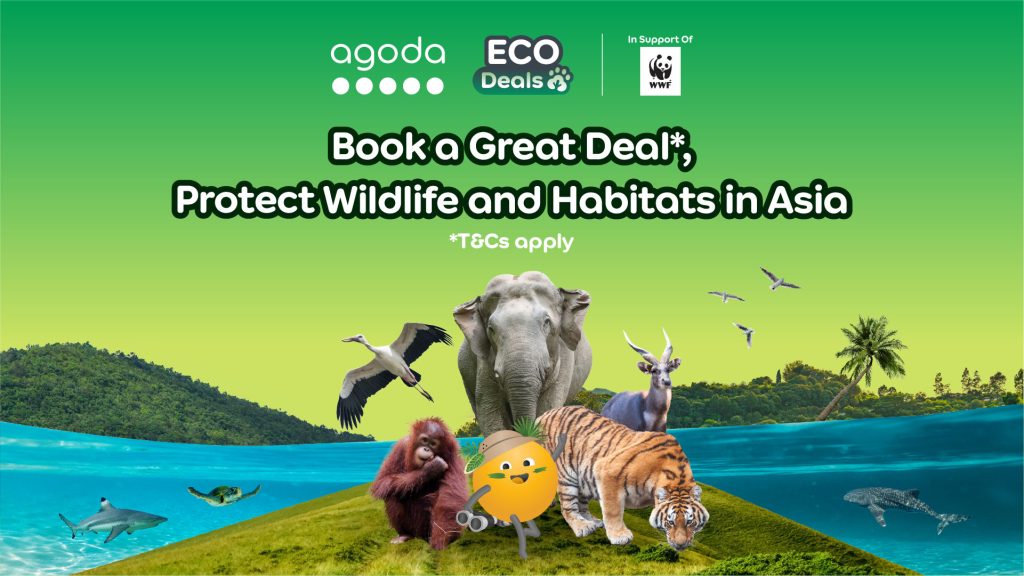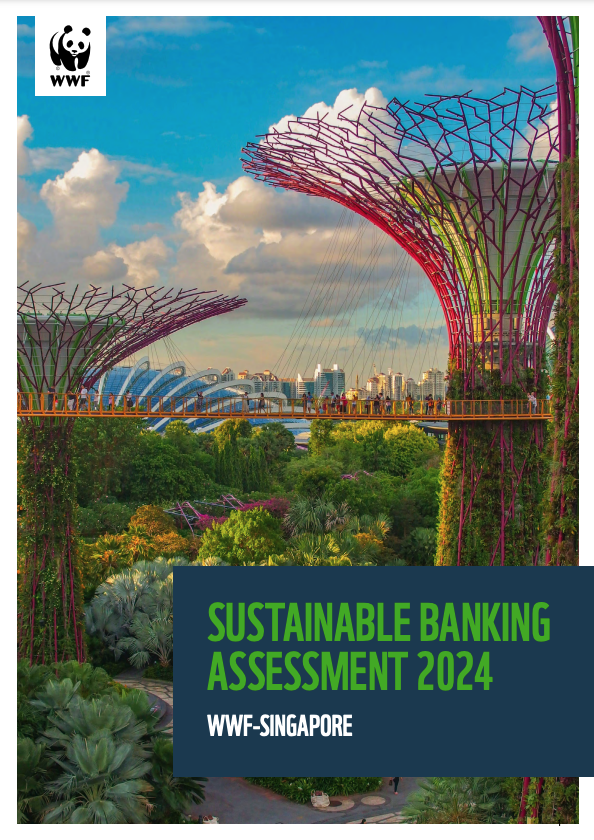The eight companies — Decathlon, H&M, LEGO® Certified Stores (Bricks World), SaladStop!,The Body Shop, Uniqlo, Watsons, and Wing Tai Retail joined the industry commitment with the goal to reduce single-use bags through not offering a bag by default and implementing a charge. Over 60% of consumers who shopped at these retail outlets refused single-use bags and chose to bring their own bags following the bag charge implementation.
Said Stefanie Beitien, Head of Market Transformation at WWF-Singapore, “We are excited to see major retailers coming onboard to reduce single-use plastic bags. The introduction of the bag charge aims to drive momentum in influencing consumers’ behaviour to bring their own reusable bags and increase environmental consciousness. We look forward to inspiring more companies to adopt this initiative as a first step to look at packaging and plastics with a more holistic view to create a systemic change for the future.”
By working with retailers in Singapore, WWF-Singapore aims for meaningful plastic action, paving the way towards a circular economy and contributing to Singapore’s Zero Waste Masterplan. Retailers may also choose to donate the proceeds from the bag charge to charity organisations of their choice, such as WWF Singapore to support further conservation efforts and plastic-related research projects.
“As a fashion retailer, we are constantly looking for ways to reduce our environmental impact and encouraging our customers to be part of our efforts. A bag charge has proven to be effective in discouraging the use of single-use bags which is a crucial step towards reducing pollution.” said Helen Khoo, Executive Director, Wing Tai Retail.
Consumers in Singapore are increasingly aware of the plastics problem and the need to reduce Singapore’s bag consumption. A citizens workgroup has recently called for a bag charge at supermarket retailers, as one of their recommendations in the NEA Citizens’ Workgroup for Reducing Excessive Consumption of Disposables[1].
Some companies like Decathlon, the world’s largest sporting goods retailer, have completely removed all single use plastic bags across their stores. In addition, they have also implemented an option for customers to purchase their reusable recycled polyester bags that are useful for future trips.
“We have seen a significant increase in willingness-to-pay from consumers for eco-friendly products and are glad to share that consumers are more conscious of the environment.” said Leona Xu, Decathlon Blue Bags Project Leader.
Global data has shown that 127 countries in the world have already ramped up various forms of legislation to regulate plastic bags[2]. Consumers in Thailand have also said ‘no’ to 237 million plastic bags across all 7-11 convenience stores in three months[3].
To learn more about WWF’s PACT (Plastic ACTion) initiative, visit the website: https://plastic-action.asia
For more information, please contact:
Hazel Xu, Assistant Manager, Media WWF-Singapore
Email: hxu@wwf.sg
About WWF-Singapore
WWF is one of the world’s largest and most respected independent conservation organisations. Our mission is to stop the degradation of the earth’s natural environment and to build a future in which humans live in harmony with nature.
As one of WWF’s international hubs, the WWF-Singapore office supports a global network spanning over 100 countries. We help protect Singapore’s essential needs through the actions of individuals, businesses and governments in the region. To meet key conservation goals, we address issues such as deforestation, haze pollution, food security, sustainable consumption and illegal wildlife trade.















